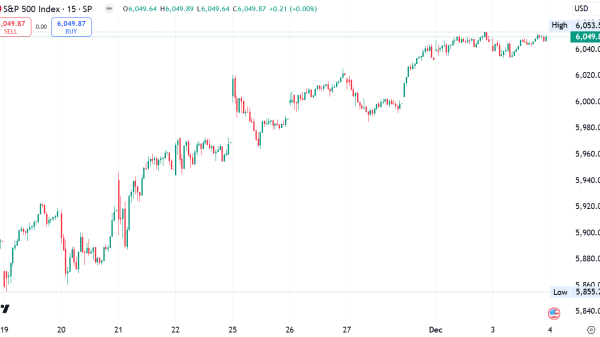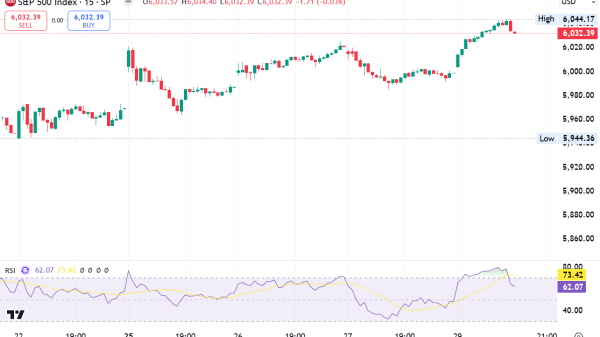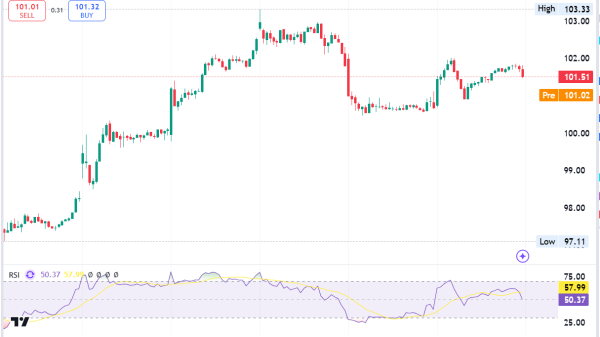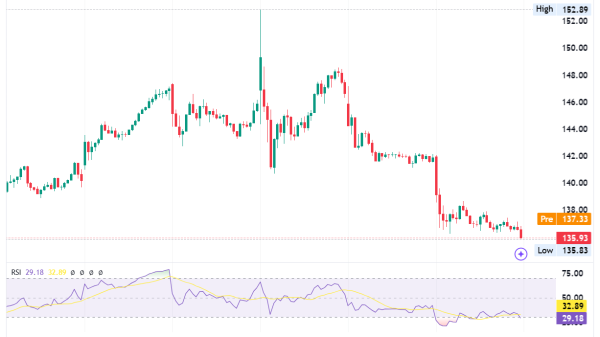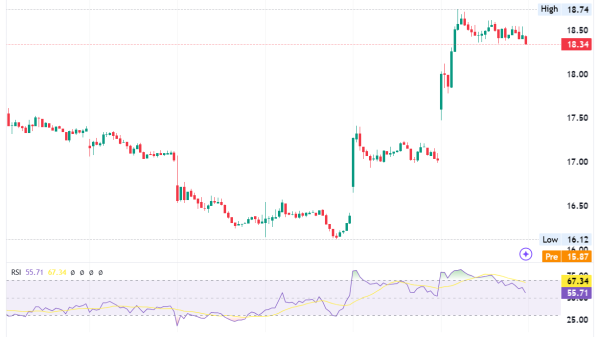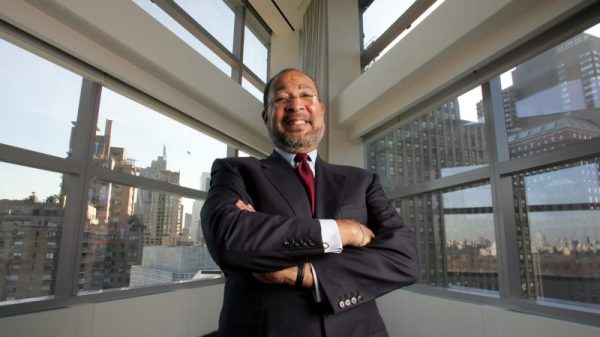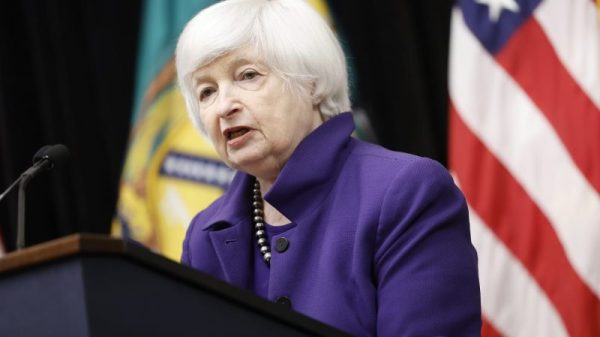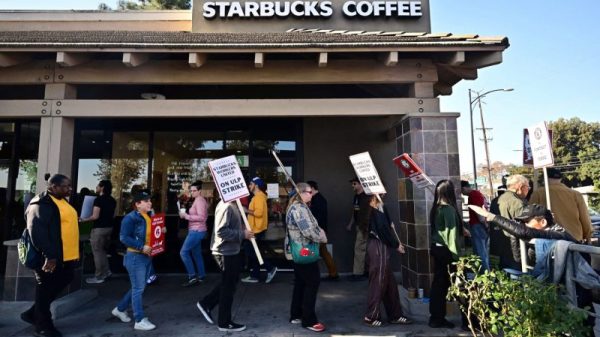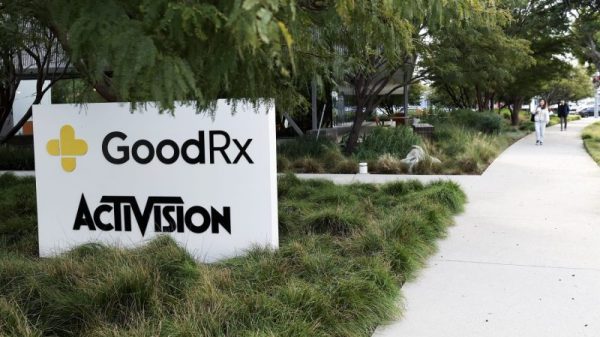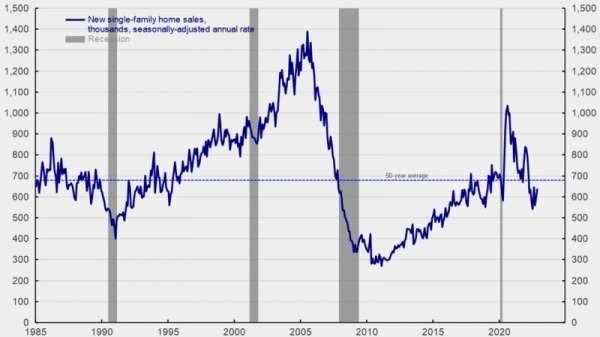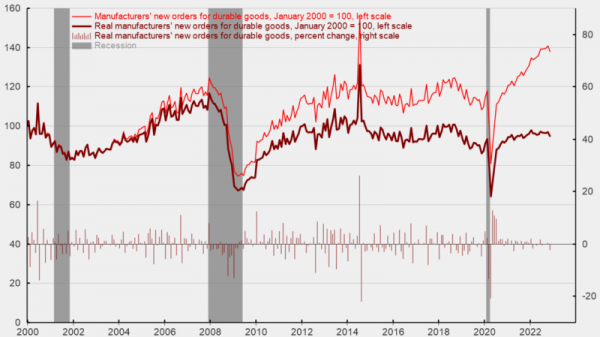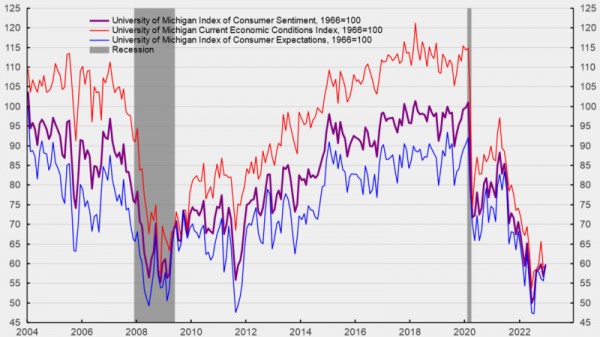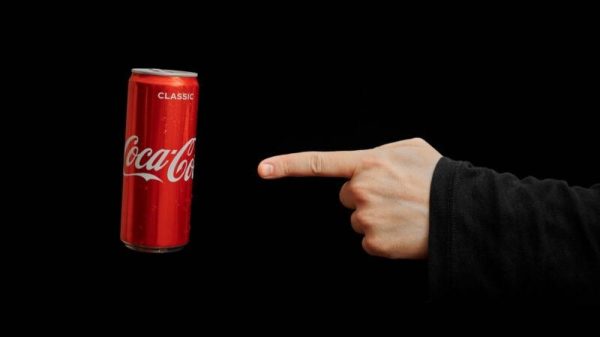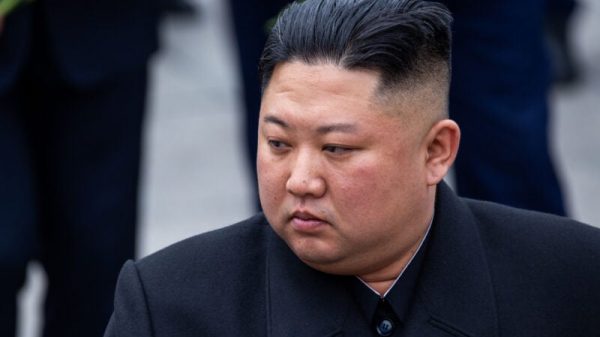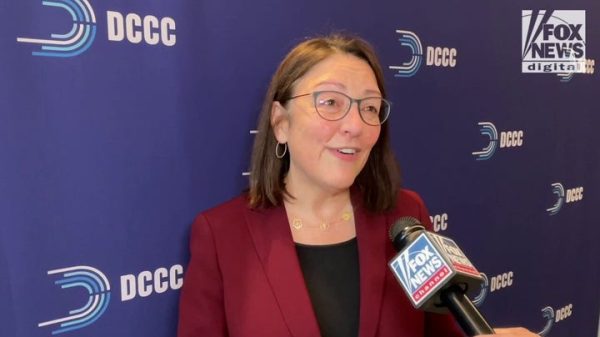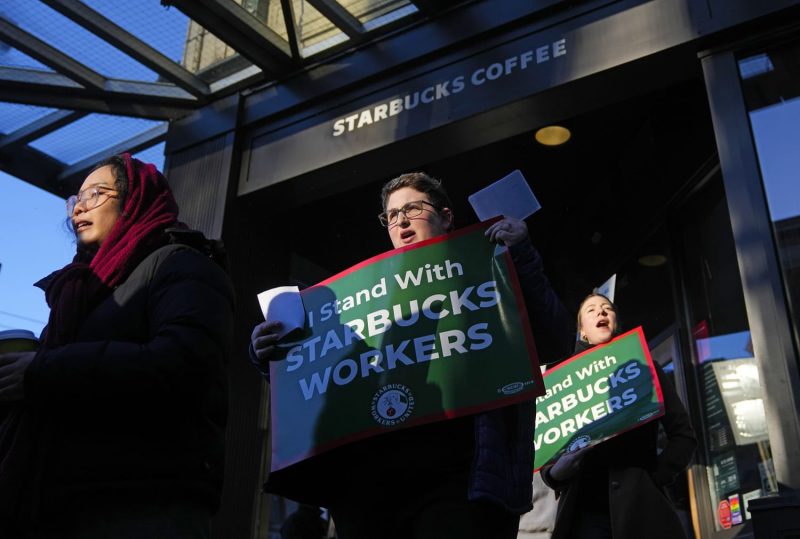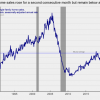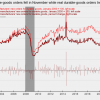Love Starbucks holiday drinks? This week, you may not get them.
Starbucks Workers United announced baristas will strike starting Friday in three key markets — Seattle, Los Angeles and Chicago.
The union said the move is in response to the coffee chain’s “failure to bring viable economic proposals to the bargaining table” and “to resolve hundreds of outstanding unfair labor practice charges.”
The union, which started organizing in 2021, represents 525 union stores and over 10,500 union workers, according to its website. Starbucks has nearly 10,000 company-owned U.S. stores, The Associated Press reports.
“Since February, Starbucks has repeatedly pledged publicly that they intended to reach contracts by the end of the year — but they’ve yet to present workers with a serious economic proposal,” the group wrote on X. “This week, less than two weeks before their end-of-year deadline, Starbucks proposed no immediate wage increase for union baristas, and a guarantee of only 1.5% wage increases in future years.”
The group said baristas starting Friday morning will embark on five days of escalating strikes that could spread to other cities through Christmas Eve “unless Starbucks honors our commitment to work towards a foundational framework.”
Starbucks, which is headquartered in Seattle, Washington, told NBC News there has been “no significant impact” to its store operations.
“We are aware of disruption at a small handful of stores, but the overwhelming majority of our US stores remain open and serving customers as normal,” the company said.
In a Tuesday press release the union said it and Starbucks had announced a path forward earlier this year and have advanced dozens of tentative agreements at the table, but “Starbucks has yet to bring a comprehensive economic package to the bargaining table.”
“Starbucks can’t get back on track as a company until it finalizes a fair contract that invests in its workforce. Right now, I’m making $16.50 an hour. Meanwhile, Brian Niccol’s compensation package is worth $57,000 an hour,” Silvia Baldwin, a Philadelphia barista and bargaining delegate, said in a statement referring to Starbucks’ CEO.
“The company just announced I’m only getting a 2.5% raise next year, $0.40 an hour, which is hardly anything. It’s one Starbucks drink per week. Starbucks needs to invest in the baristas who make Starbucks run,” she added.
A Starbucks spokesperson said Workers United delegates “prematurely ended our bargaining session this week.”
Starbucks argued that it offers a “competitive average pay of over $18 per hour, and best-in-class benefits” such as health care, college tuition, paid family leave, and company stock grants.
“Workers United proposals call for an immediate increase in the minimum wage of hourly partners by 64%, and by 77% over the life of a three-year year contract. This is not sustainable,” the company said.
Starbucks said it is ready to continue negotiations.
It comes as the Teamsters union announced Thursday strikes at several Amazon delivery facilities, amid the peak holiday delivery rush.

